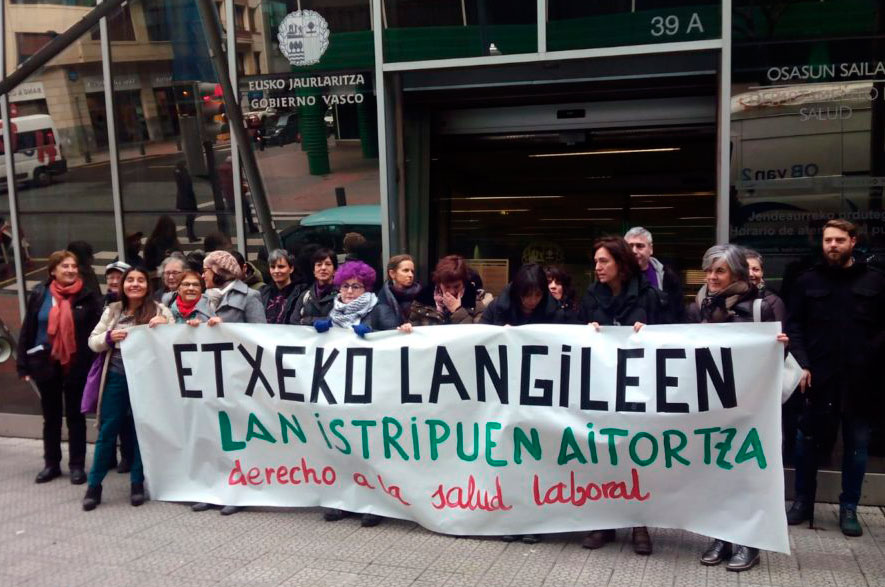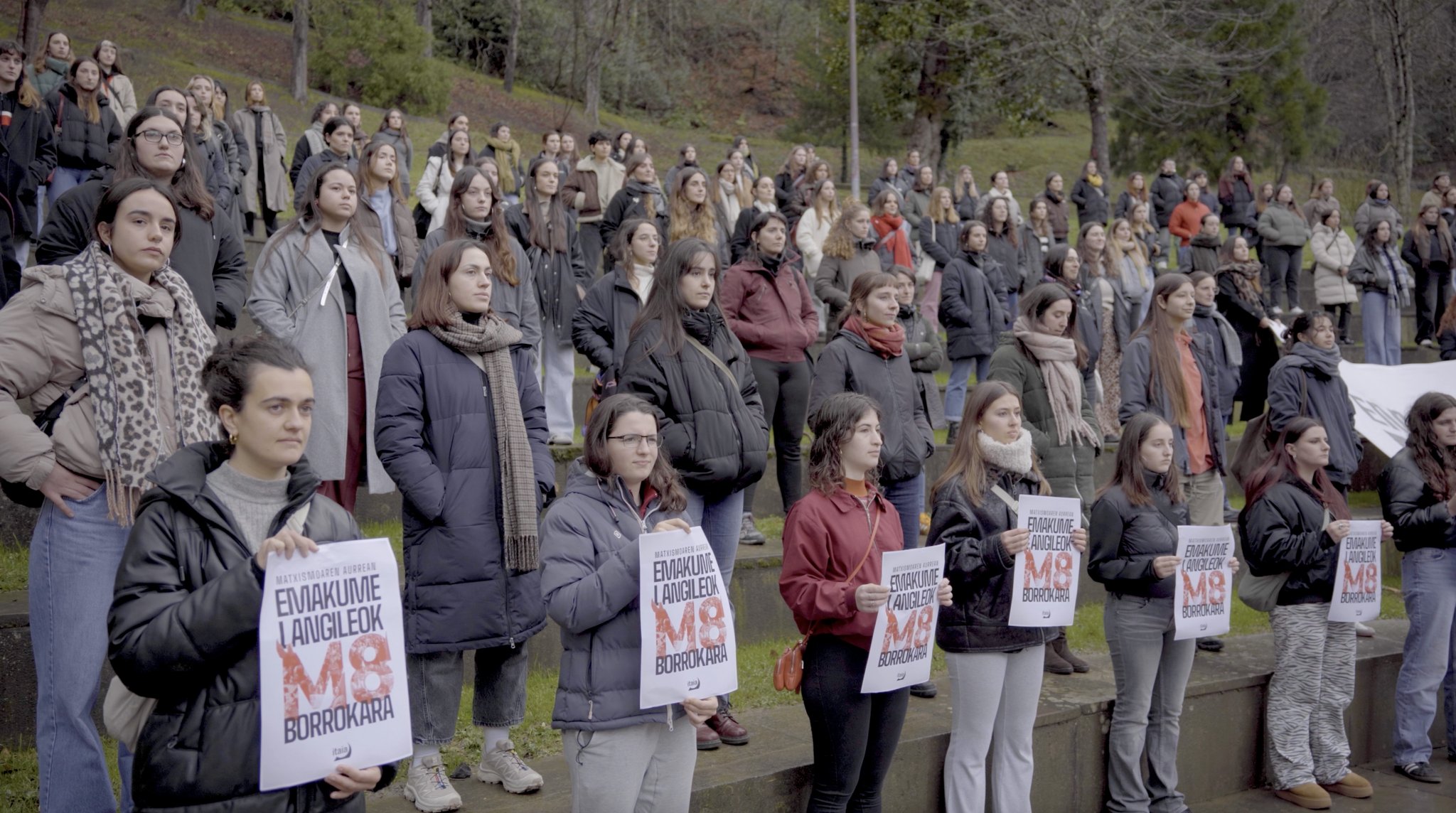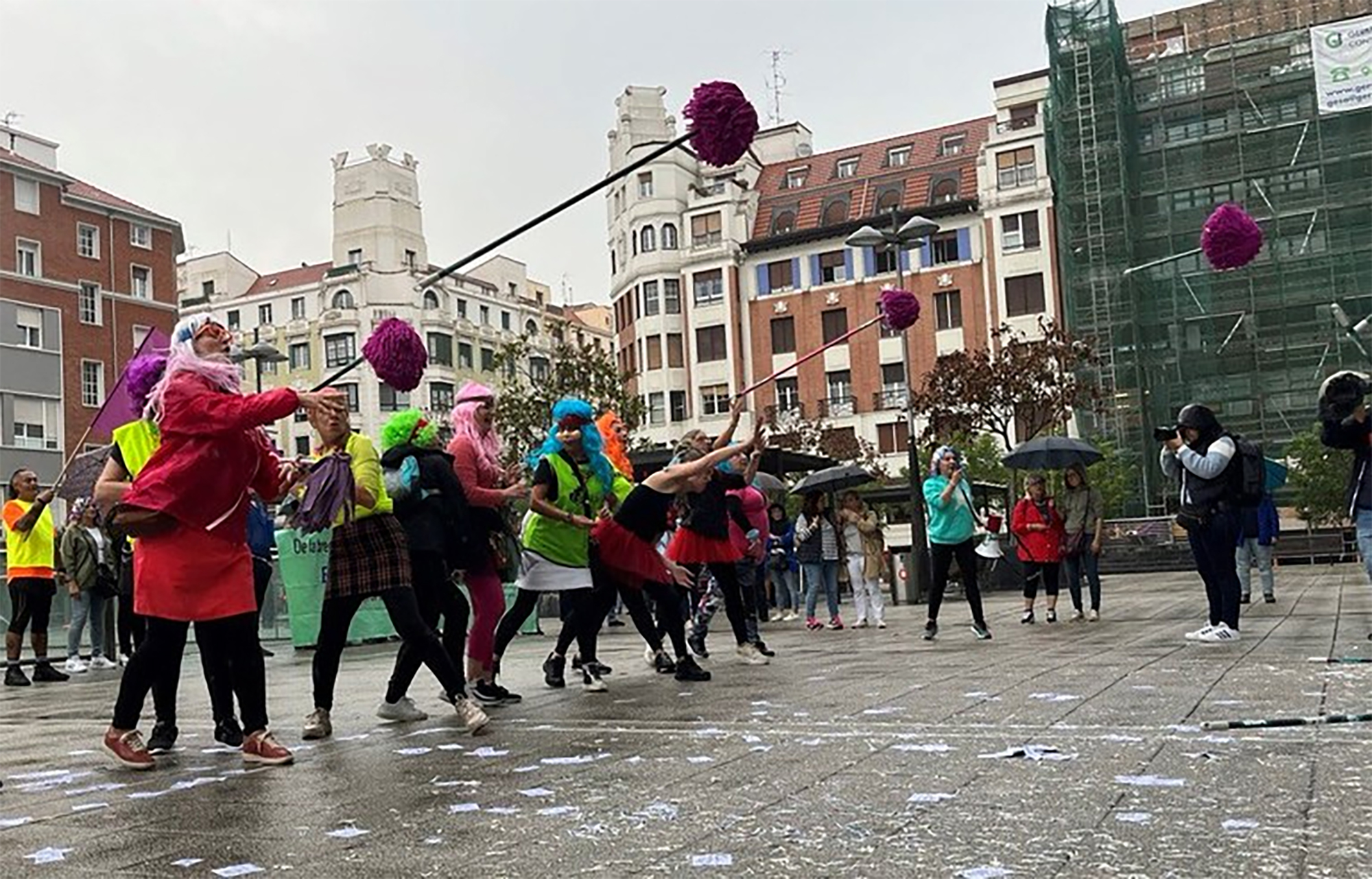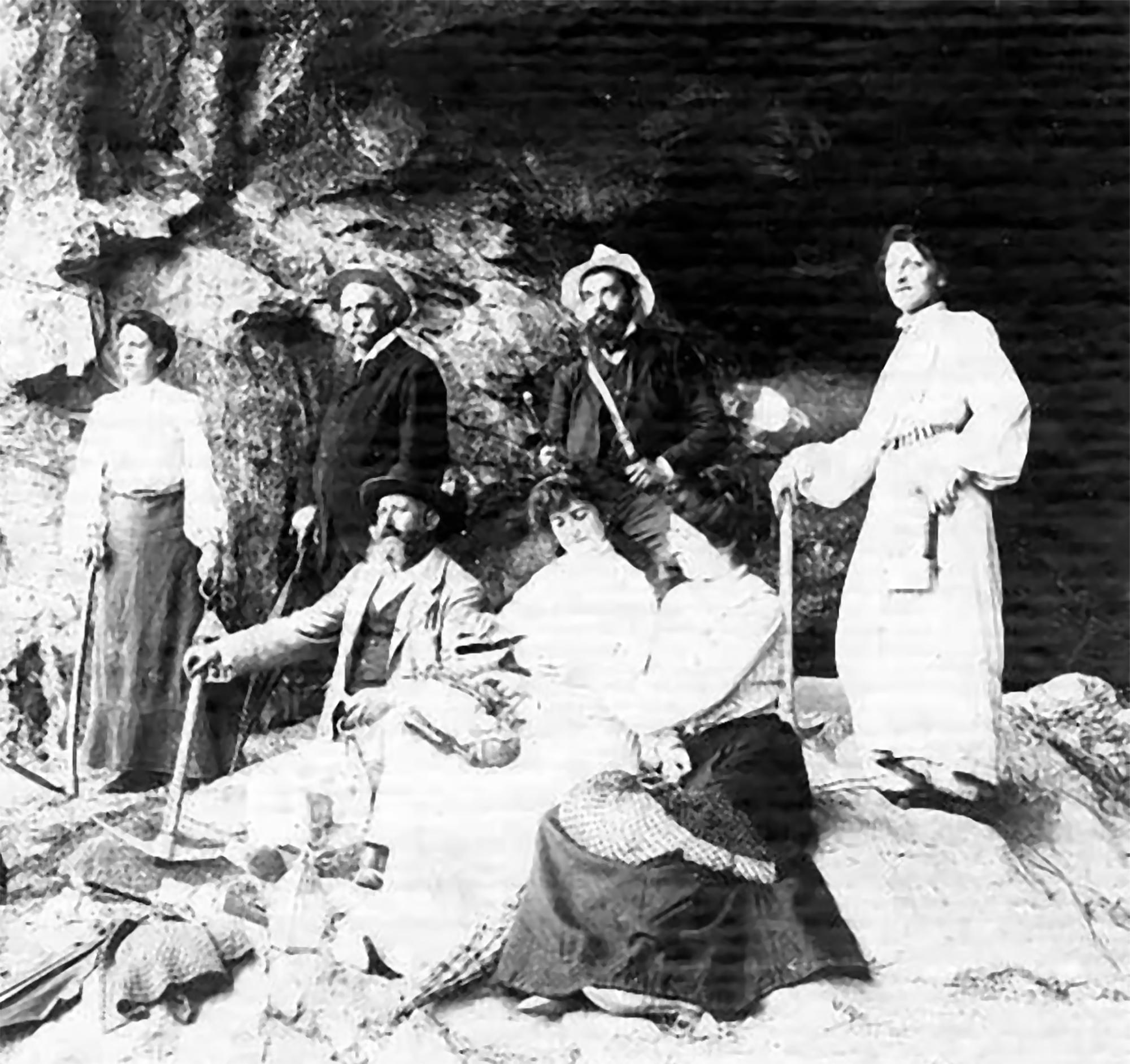Nearly 98% of resident domestic employees have not received the interprofessional minimum wage by 2023
- ELE is the figure provided by the Association of Household Employees with the results of the surveys conducted in Bizkaia. Like every year, it has produced a report on the working conditions of resident and external personnel. 35.38% of the regular situation did not receive the interprofessional minimum wage. The same applies to 67.57% of those who were in an irregular situation.

ELE, Association of Household Employees, launched a free legal advisory service in Bilbao in 1991. They inform workers of their rights and help them to make requests for them. Data from the annual report are drawn from the consultations received at the advisory offices in Bizkaia. The statistics provide the following data: salaries, days, weekly rest, holidays and social security situation.
The Association of Household Employees wanted to focus on two issues. On the one hand, he denounces that Osakidetza practically never recognizes accidents at work and manages them as a common disease. On the other hand, in the first year in which unemployment benefit can be collected, the State Public Employment Service explains that applicants have been mistreated.
Domestic workers are women
In 2023, 603 workers went through the advisory service and received 737 situations. 98.51% of the people cared for were women. 40.43% of the workers were resident domestic workers, that is, they lived in the home of the person they cared for. 59.57% were external workers. 11.13 per cent were indigenous workers and all other foreigners or dual nationals.
The Association has divided resident and external personnel into two groups and drawn the conclusions of each group. These lines inform the situation of resident domestic employees, considering that their working conditions are the most unfavourable.
1: More than a quarter of domestic residents are in an irregular administrative situation. Since 2022, the percentage of women in this situation has fallen by three points. The association has criticized the social services and the immigration authorities because, despite the irregular situation of women, their realities are not unknown. ELE believes that “these women know that they are going to do that job.” They say that they are the worst treaties in the sector and call for rapid regulation of their situation.
2: 69.52% of workers who spend the week in the household work more than 60 hours, which means a maximum number of hours legally allowed. This occurs in 81.08% of women without papers.
44.3% respect their legal rest. This figure is improving every year. Conversely, 21.81% do not rest throughout the week. 21.19% do not have hours of daily rest. It increases the percentage of people resting for two hours a day.
3: In the opinion of the Association, placement agencies mediating between employer and employee promote illegal conditions. It is usual to make a 40-hour contract and not take the so-called hours of presence as part of the day. In this way, these hours are not paid. It denounces that the labour inspectorate does not control this massive fraud.
4th. More and more workers are finding it difficult to take a continuous night break. During the day they care for people with a high dependency and continue to do the same work during the night. The Association believes that lack of night rest causes serious health problems. 45.30% should wake up two or more times in the evening to attend to the dependent person.
5: 97.77% of household employees have not received the corresponding wage. Taking as reference the 40-hour workday, 35.38% in regular situation did not receive the interprofessional minimum wage and 67.57% of the irregular situation. And it's not taken into account that many of these workers have done over 40 hours a week.
6: 34.56% are paid in cash, without any documents. This behavior has declined from 2022. In the absence of documentation, workers also do not have basic data on the employment relationship: employer data, whether or not it is quoted, how much it is quoted…
7: 93.94% of regular workers who worked on working days were discharged from Social Security.
8. 86.16% of the workers lived only with the person or people cared for. 68.67% of the caregivers were women.
9: It denounces that the systematic implementation of day shifts over 60 hours is incompatible with occupational health. They must take care of people who are not self-employed and workers are not guaranteed the training, environment and resources needed to carry out the tasks without harming their health. They criticise the lack of support from the labour inspectorate and Osalan.
10: Difficulties for staff to request the recovery of the social security loss. Unlike other sectors, in this sector it is not the employer who has to manage social security leave. The Association denounces that it is virtually impossible to face up to it personally and that computer resources are often not available to workers.
11: As a result of the death or transfer of the employer, 23.15 per cent of the workers were unemployed from one day to the next, receiving unemployment benefit of up to 120 days, regardless of time worked and paid.
Londres, 1944. Dorothy izeneko emakume bati argazkiak atera zizkioten Waterloo zubian soldatze lanak egiten ari zela. Dorothyri buruz izena beste daturik ez daukagu, baina duela hamar urte arte hori ere ez genekien. Argazki sorta 2015ean topatu zuen Christine Wall... [+]
Martxoaren 8a hurbiltzen ari zaigu, eta urtero bezala, instituzioek haien diskurtsoak berdintasun politika eta feminismoz josten dituzte, eta enpresek borroka egun hau “emazteen egunera” murrizten dute, emakumeei bideratutako merkatu estereotipatu oso bati bidea... [+]
Martxoak 8aren izaera iraultzailea berreskuratzeko deia egin du Itaia emakumeen antolakunde sozialistak. Irene Ruiz Itaiako kideak azaldu digunez, “oldarraldi erreakzionarioaren eta matxismoaren aurrean proposamen iraultzailea hauspotu eta kontzientzia sozialista... [+]
1958an, emakume baserritarrek Donostiako Erdialdea hartu zuten, esnea saltzea galarazi zitzaiela salatu, eta baserritarren eskubideak aldarrikatzeko. Administrazioak esnearen esklusibotasuna Gurelesa enpresari eman zion, eta baserritarrek Bretxan saltzeari utzi behar izan... [+]
Equality, like pregnancy, exists or does not exist. When there is no equality, there is a difference, that is what you can measure and value. Perhaps the consequences of equality may be unfair to some, but this would place the debate on the consequences, not at all on equality... [+]
Errenteria (Gipuzkoa), 1892. In the caves of Aizpitarte the first archaeological excavations of Gipuzkoa were carried out, at the hand of the group led by Count Lersundi. Eleven years later, in 1903, the king of Spain, Alfonso XIII, visited the site and with this excuse... [+]
I don't know if you've noticed, but lately, reactionary and conservative messages are spreading across social media. One of them is the trend of the tradwife. That word is the abbreviation of the traditional concept of wifi, that is, the traditional wife. This movement proposes to... [+]





















